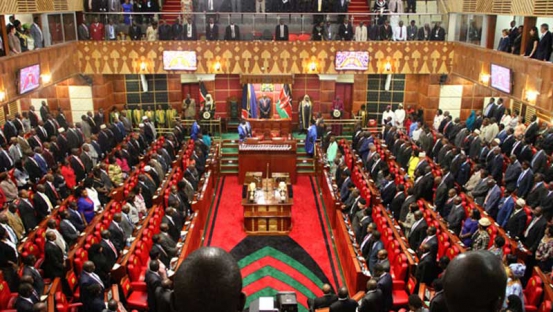
Like clockwork, each new Parliament since 1992 begins its tenure by raising the issue of remuneration of MPs. In the run-up to the August 8th elections, the Salaries and Remuneration Commission announced cuts in the base pay of our MPs by about Sh100,000. The commission also announced unspecified cuts to MP allowances. This was part of a wider effort to reduce government recurrent expenditure. And it goes without saying that most Kenyans of goodwill welcomed the move to reduce the pay of our elected officials.
Before proceeding any further, I should state that I am a student of the Kenyan legislature, and have in the past written in support of an increase in MP pay. My past argument was informed by the observation that our poorly-resourced legislature was no match for the Executive that it was supposed to keep in check. Parliament, I argued, needs adequate resources for pay of staff, research, and organisational development.